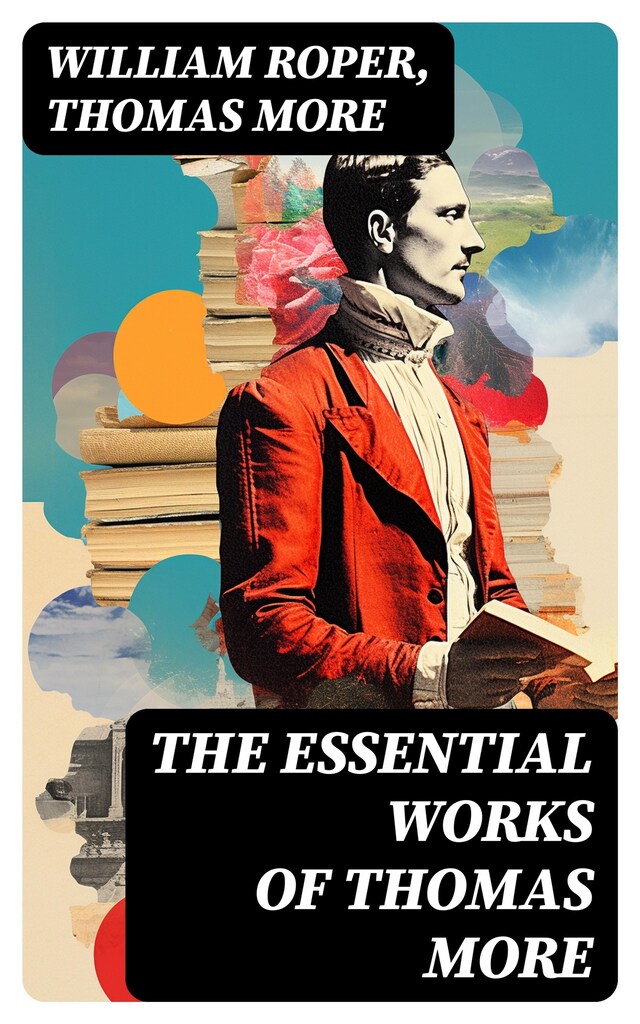
The Essential Works of Thomas More
Essays, Prayers, Poems, Letters & Biographies: Utopia, The History of King Richard III, Dialogue of Comfort Against Tribulation
Buchbeschreibung
The Essential Works of Thomas More represents a seminal collection that encapsulates the remarkable expanse of More's literary and philosophical contributions. This anthology showcases a diverse array of styles - from utopian fiction to rigorous theological debate, reflecting More's profound impact on Renaissance humanism and the Reformation. The collection underlines the complexity of More's thought, his sophisticated use of irony, and his moral rigor. Standout pieces include his visionary 'Utopia', which remains as relevant today in discussions of social and ethical constructs as it was in the 16th century. The thematic richness across the works illuminates the enduring relevance of More's insights into justice, personal integrity, and the clash between conscience and political expediency. The contributing authors, William Roper and Thomas More, bring distinct yet complementary perspectives to the anthology. Roper, More's son-in-law and first biographer, offers invaluable historical and personal insights that contextualize More's writings within the turbulent socio-political landscape of Tudor England. This collection, therefore, not only serves as a tribute to More's literary genius but also aligns with pivotal historical and cultural movements that shaped early modern Europe. Their combined efforts enrich our understanding of More's legacy, highlighting his intellectual bravery and ethical steadfastness. The Essential Works of Thomas More invites readers into a deep, reflective engagement with one of the most prescient minds of the Renaissance. The anthology's breadth and depth make it an indispensable resource for students of history, philosophy, and literature, offering a unique window into the multifaceted nature of human thought and the enduring challenge of moral philosophy. Readers will find in these pages not just education but inspiration, drawing from the rich dialogue between More's idealism and the pragmatic observations of his life and times.
 1’304 Seiten
1’304 Seiten